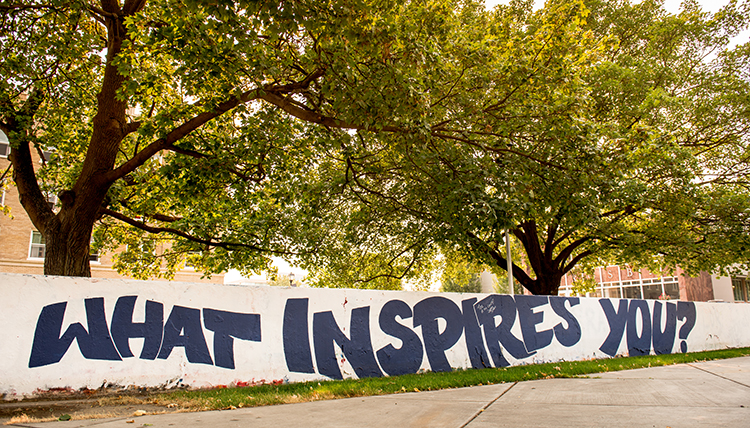Universities cannot hope to meet their obligation to educate thoughtful environmental stewards through a single course or program.
While it is vital that students with a passion for addressing environmental issues have a rigorous course of study such as that offered through an environmental studies major and minor, this is not enough. Colleges and Universities must develop ways to incorporate concepts concerning the value, wonder, and complexity of the natural world across its curricula. It is our future nurses and business managers, teachers and engineers who need to understand and appreciate the delicate balance of nature and the human place within it. As Pope Francis noted in his 2015 encyclical, “Environmental education . . . needs educators capable of developing an ethics of ecology, and helping people, through effective pedagogy, to grow in solidarity, responsibility and compassionate care” (154).
It would seem that the most efficient way to achieve these aims would be to require a sustainability course, although it may not be desirable. Curricular changes based on mandating changes to faculty are ultimately doomed to fail. The only viable route is to slowly, incrementally, and respectfully change our academic culture. To adapt Milton’s beautiful phrase, true curricular revision only takes place “hand in hand, with wandering steps and slow.” The Cataldo Project: Sustainability Across the Curriculum Initiative is one part of a “slow way forward” toward developing a more ecologically minded curriculum.
Universities must decide whether they will continue training persons for temporary survival in the declining Cenozoic Era or whether they will begin educating students for the emerging Ecozoic. … We have such vast understanding of the universe and how it functions, and yet we manifest such inability to use this knowledge beneficially either for ourselves or for any other mode of earthly being. While this is not the time for continued denial by the universities or for attributing blame to the universities, it is the time for universities to rethink themselves and what they are doing..
Sustainability Across the Curriculum (SAC) Program at Gonzaga
The aim of the Sustainability Across the Curriculum (SAC) program at Gonzaga is to foster an informal learning community of faculty interested in exploring ways of incorporating sustainability themes into their courses.
True to its Jesuit, Catholic, humanist heritage, Gonzaga University educates students for lives of leadership and service for the common good by intentionally developing the whole person – intellectually, spiritually, physically, and emotionally. Consistent with its mission, Gonzaga University takes seriously its responsibility to safeguard the integrity of our natural world and is committed to a role of leadership in responsible environmental stewardship. Graduating men and women for others who respect and “care for the planet” is of central importance to Gonzaga’s mission, the Jesuit charism, and the world. Accordingly, the first and most important goal of Gonzaga’s Climate Action Plan (CAP) is to “Deepen sustainability across the curriculum.”

